You would love to do this… If only you had the time
“I don’t have the time…”
The time to get fit, learn a new language, study for a professional exam, upskill yourself…
You’ve always wanted to study a specific topic, or write a book, or start your business. There’s this dream you have – but you might have resigned yourself to the thought that you will never have the time , you’re too old, it’s too late, you’re too busy, you need to take care of the children, etc.
But there are several excellent reasons why you should definitely embrace that big scary project on top of all your other commitments . There will never be a ‘right time’, a perfect moment when all the stars align and you have several months of free uninterrupted time to go after your dreams.
The best time to do this thing you’ve always wanted to do is right now.
When I tell people I’ve written three books, many of them ask how I was able to find the time. But when I attended the Penguin Christmas party, I met writers who publish a book every single year as if it was simply a matter of course (and not all of them write full-time).
It was the same when I started studying for the CFA level 3 exam (I am now officially a CFA Charterholder), on top of running my business and being out of the country sometimes as much as three weeks in a month.
Famous people we admire have the same 24-hour days that we do. So what is keeping us from tackling a big project, one that would take us closer to our dreams, is not the lack of some supernatural ability or some unfair advantage .
I’d like to share my experience and I hope this will give you ideas to tackle your own big project. Then you can banish “I don’t have the time” from your vocabulary .
A change is as good as a rest
Adding one more commitment to your already busy schedule can actually give you more energy : it can make your mind work in very different ways that complement one another. As a result you end up feeling recharged , instead of exhausted.
When I studied for CFA level 3 and when I wrote The Savvy Woman’s Guide to Financial Freedom and The Savvy Guide to Making More Money , I had to juggle these considerable projects with a full schedule as business owner, trainer, stock market investing coach and keynote speaker.
But I thoroughly enjoyed each of these projects, because they meant I got to practice other skills, or the same skills but in very different ways. Studying or writing was a welcome break from other forms of activities, and it made everything even more enjoyable .
Savour the moment
A different activity can also mean a change of scenery. Instead of focusing on all the ways that this new project is going to take from your energy, focus on all the ways you can welcome novelty in your life .
Thoroughly enjoying the process will sustain your motivation until you can celebrate the result, and enjoying the process also comes from the little things .
While writing my books , I must have sat in hundreds of cafés all over the world , where I love to people watch and daydream for inspiration. I also wrote at home over Christmas, surrounded by family, as well as on holiday in the Canaries: while enjoying walks around the island I would exclaim around ten times a day ‘Wouldn’t that be a lovely place now to sit down and write a couple chapters?’ Needless to say, I had more than a little fun poked at me every time I said that!
This finite project lends its colour to your life
Right now you might be worried about how you’re going to fit it all into your schedule, but in a few months’ time, or even in a few years’ time, you will remember this ‘season’ of your life thanks to this finite project: you will hear yourself say things like ‘It was the time that I…’ while reminiscing fondly .
When the additional commitment is one you have chosen yourself and it has a clear endpoint like a deadline , being engaged in a period of intense work gives you a heightened sense of being alive . I can’t count the number of times I stopped to pinch myself and thought how lucky I was.
Just looking up from my laptop for a second to take in the environment, I would get this jolt of realisation : I am a business owner, I am soon going to be a published author and here I am, writing a book, pouring my expertise onto the blank page for the benefit of future readers.
This deep sense of gratitude is one of the most memorable constants of my book-writing period. I’ve often heard this echoed by busy people who are energized by the volume and variety of things going on in their lives.
Now, don’t think that there weren’t times when it felt like deadlines were cascading down on top of me or that I had to push through a wall of tiredness or that I thought I had bitten off FAR more than I could chew. However, the moments of appreciation were the very tools I used to fight my way through the difficulties .
Break it down
Whether it’s studying or writing a book or any other kind of big project, you will need to break it down into smaller and smaller parts .
Be conscious of all those little pockets of time throughout the day : waiting for children to finish football practice, waiting in line at the supermarket, waiting for an appointment, commuting… You can find specific activities that advance your project five minutes at a time and fit perfectly into these little nooks and crannies.
But you can only use pockets of time effectively if you know what you can achieve in ten minutes or thirty minutes or an hour . If you don’t have a process to break down a big project into its component parts, you will end up with ‘write book’ or ‘study for exam’ on your to-do list. Then you’ll wonder why that item always gets shunted to the next day (or the next year!).
Remember the M part of the SMART framework : M means measurable, so each step of the project should be ‘check-off-able’ . You’ve heard the joke: How do you eat an elephant? One bite at a time . That’s exactly how you tackle any big project.
For studying, it can mean:
- read ten pages from a chapter;
- do a ten-minute memory test to check what you memorised from the previous chapter;
- read the outline of three chapters to familiarise yourself with concepts, etc.
For setting up a business, it can mean:
- investigating if a similar idea is already in the market place,
- e-mailing state agencies for advice,
- calling a friend who set up their own business,
- putting together a plan of the product or service offering,
- checking out the price of the inputs, etc.
To write a (nonfiction) book, it might be:
- list ten ideas that you want to feature in Chapter 5;
- explain how what you talk about in chapter 4 naturally follows from what you talked about in chapter 3;
- write 500 words on a specific idea in chapter 7, etc.
When writing The Savvy Woman’s Guide to Financial Freedom , I sat down with a friend and we had a long chat about what I wanted each chapter to achieve . How would the reader be helped by chapter 2? By chapter 3? This gave me a very clear blueprint when I started the writing itself.
This will help you avoid the following issue: you have made the time to work on your project by scheduling a session, but when you sit down to it, you’re not sure where to start .
That’s why you need small enough steps: what can you achieve in five, ten, twenty minutes? These steps will give you mini-deadlines and also daily successes : both are very important to stay the course and keep up your motivation by showing you that you’re making progress .
So don’t delay your dream any longer and go for it!







